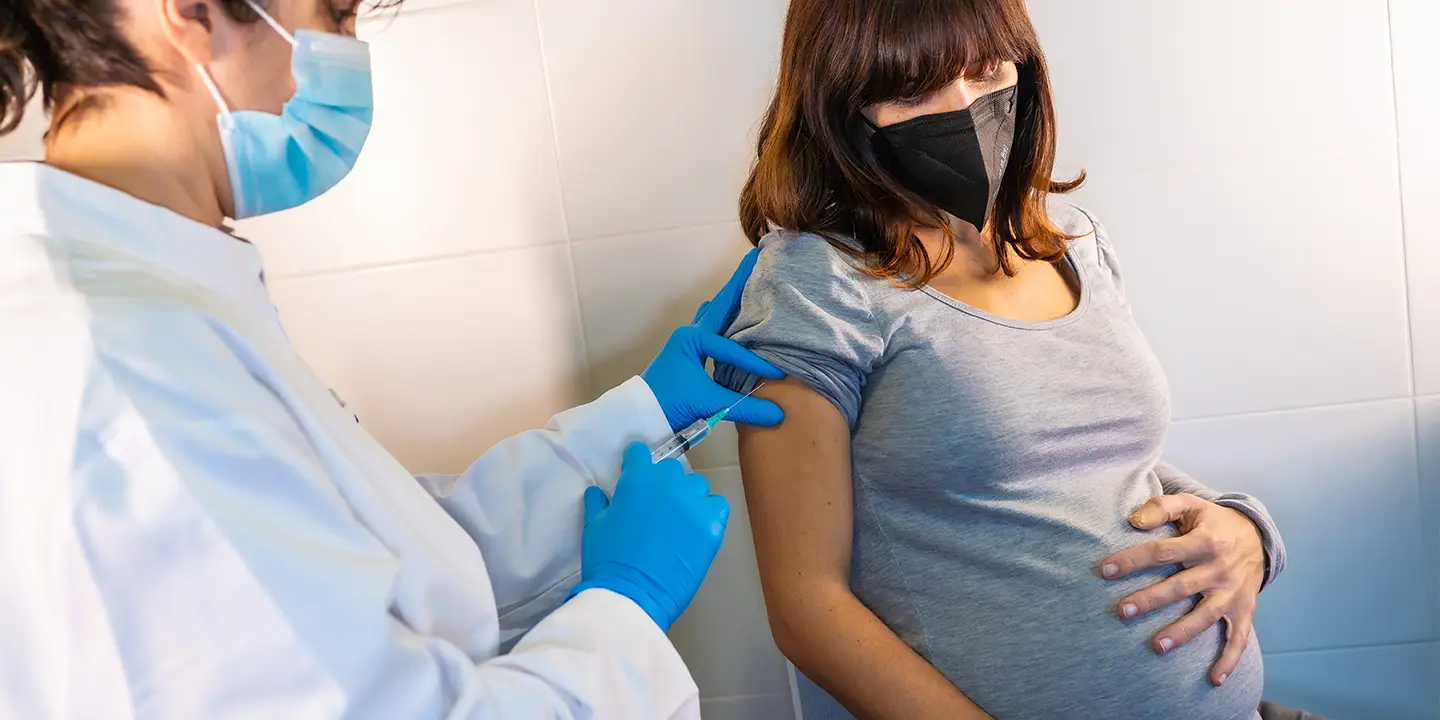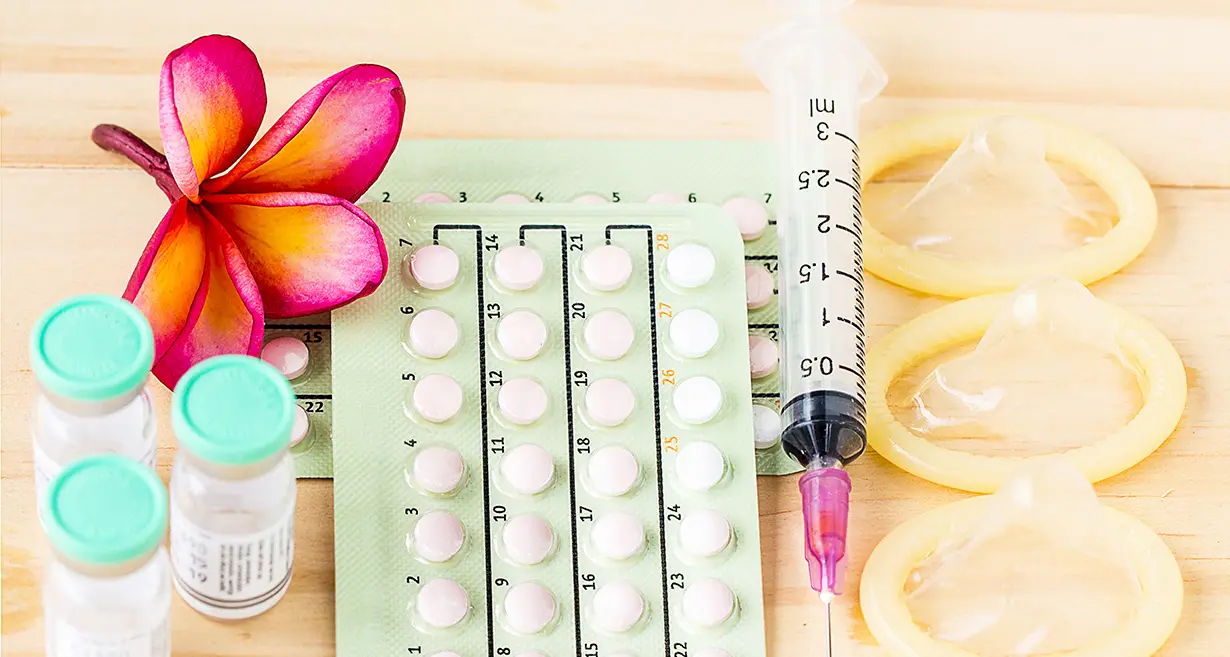
Regular prenatal care is necessary during pregnancy to protect the expectant mother’s health as well as maintain the developing fetus’s health in vitro. Routine urine tests are frequently carried out as part of this treatment plan. These tests can assist uncover any potential problems that may need additional care and provide useful knowledge about the mother’s health. In this article, we’ll look at why routine urine tests are performed during pregnancy, talk about the typical concentrations of different urine constituents, and go over how these tests are done.
In this Article
Why Are Routine Urine Tests Performed During Pregnancy?
In most clinics, a short urine analysis is performed with each prenatal exam that alerts your doctor about any potential medical conditions that may need to be treated. Pregnancy urine tests look for the following possible complications:
Gestational Diabetes Detection: Checking for gestational diabetes is one of the main purposes of routine urine testing throughout one’s pregnancy. Elevated risk of gestational diabetes, a disorder that alters blood sugar levels during pregnancy, may be indicated by high amounts of sugar in the urine. For the mother’s and the developing fetus’s health, gestational diabetes must be identified and treated in early stages.
Monitoring Kidney Function: Due to increased blood flow and the requirement to filter fluids from both the mother’s and the baby’s bodies, pregnancy can impose additional stress on the kidneys. Examining the existence of protein in the urine through routine urine tests assists in the monitoring of healthy kidney function. A potentially dangerous condition called preeclampsia, which is characterized by high blood pressure and organ damage, may be the cause of elevated protein levels.
Finding Urinary Tract Infections (UTIs): Because of hormonal changes and the developing uterus leading to the constriction of the urinary tract, pregnant women are more likely to get UTIs. Regular urine testing can find bacteria or white blood cells, which could both be signs of a urinary tract infection. To avoid difficulties, UTIs during pregnancy should be treated very quickly and effectively.
Monitoring Dehydration and Overall Health: Maintaining a hands-on approach towards dehydration and general health is important throughout pregnancy. By examining the urine’s concentration, routine urine tests assist in determining hydration levels. Dehydration may be indicated by darker urine, whereas excessive fluid intake may be indicated by very pale urine. In addition, urine testing can pick up on other medical issues including liver or kidney problems, which may need more research and care.
Regular Urine Test Normal Levels During Pregnancy
Glucose: Normally, there is no or very little glucose present in the urine. High levels of glucose may be a sign of gestational diabetes, necessitating additional testing for the condition using blood glucose.
Protein: A high level of protein in the urine is abnormal and could suggest preeclampsia or kidney disease. Less than 150 milligrams of protein per day constitute normal urine protein levels.
Ketones: These metabolic byproducts of fat are typically absent from urine. Ketones may be a sign of inadequate carbohydrate consumption or poor blood sugar management, necessitating dietary changes or medical attention.
Nitrites: Nitrites in the urine may be an indication of a UTI. A urine culture may be performed in response to the discovery of nitrites to help pinpoint the precise bacteria responsible for the infection.
Leukocytes: The potential for urinary tract infection or urinary system is identified through the presence of leukocytes or White blood cells in the urine inflammation. To confirm the existence of an infection and choose the best course of action, more testing is necessary.
Procedure Of Routine Urine Tests During Pregnancy
Regular urine testing during pregnancy normally includes a simple, non-invasive process. The typical steps are listed below:
- Urine midstream sample collection is done using a clean, sterile container. To get accurate findings, it is critical to adhere to your healthcare provider’s instructions.
- Clean the genital area well with mild soap and warm water before taking the sample. Rinse well to get rid of any residue that can taint the test findings.
- To take a midstream sample, begin peeing in the toilet, then insert the container into the urine stream. The likelihood of contamination is reduced thanks to this technique.
- As directed by your healthcare professional, make sure the urine sample you provide is adequate in amount. For standard urine testing, a sample size of 30 to 60 milliliters (1-2 ounces) is needed.
- After the sample has been procured, firmly fasten the jar and write your name, the date, and any other details needed by the medical center on the label.
- Transporting the sample for testing should be done according to the instructions provided.
- The urine sample is delivered to a lab for evaluation. The examination of the urine’s various components by trained professionals.
Costs Of Routine Urine Tests During Pregnancy
Regular urine tests throughout pregnancy might cost different amounts based on the region, healthcare facility, and type of test being done, among other things. Pregnancy-related regular urine tests in Delhi, India, might range from anything between Rs. 200 to 1000 rupees or more. Basic urine tests including those for glucose, protein, and microscopic analysis are often less expensive, however, more specific tests or comprehensive panels could be more expensive.
It is crucial to remember that the price range shown here is an estimate and could change depending on the particular healthcare provider or laboratory selected. A further possibility is that prices will alter over time. For accurate and current information on the price of routine urine tests during pregnancy, as well as any connected packages or discounts that may be available, speak with your doctor or get in touch with various healthcare facilities in Delhi.
Takeaway
Prenatal care must include regular urine test ing during pregnancy. They support the monitoring of several elements of maternal health, including blood sugar levels, the existence of infections, and renal function. Doctors can promote a healthier pregnancy and better results for the mother and the developing fetus by identifying potential problems early and taking the proper steps to manage and cure illnesses.
Such outstanding prenatal care is offered at Queen’s Gynaecology. The health and well-being of the mother and the developing fetus are given first priority by a group of gynecologists, obstetricians, and support workers who are highly qualified and experienced. The comprehensive range of services provided by Queen’s Gynaecology also includes regular prenatal checkups, ultrasound scans, prenatal testing, and labor preparation.
Frequently Asked Questions
No, routine urine tests are often painless and non-invasive. They don’t involve any medical treatments and only involve gathering a urine sample.
Pregnancy-related high sugar urine levels may be a sign of gestational diabetes. When a woman is pregnant, gestational diabetes develops, causing her blood sugar levels to rise. It is often advised to conduct additional testing, such as blood glucose tests, in order to confirm the diagnosis and create an effective management strategy. In order to promote safe pregnancy and lower the risk of difficulties for both the mother and the baby, regular monitoring and the right treatment is crucial.
Routine urine tests are typically carried out at each prenatal appointment or on the doctor’s advice. Depending on the person’s individual demands and medical history, the frequency may change.
Regular urine tests are generally risk-free and safe. However, if basic hygiene procedures are not followed during sample collection, there is a very slight chance of contamination or infection. To reduce any potential hazards, it is crucial to adhere to the healthcare provider’s advice.



























































































































































































